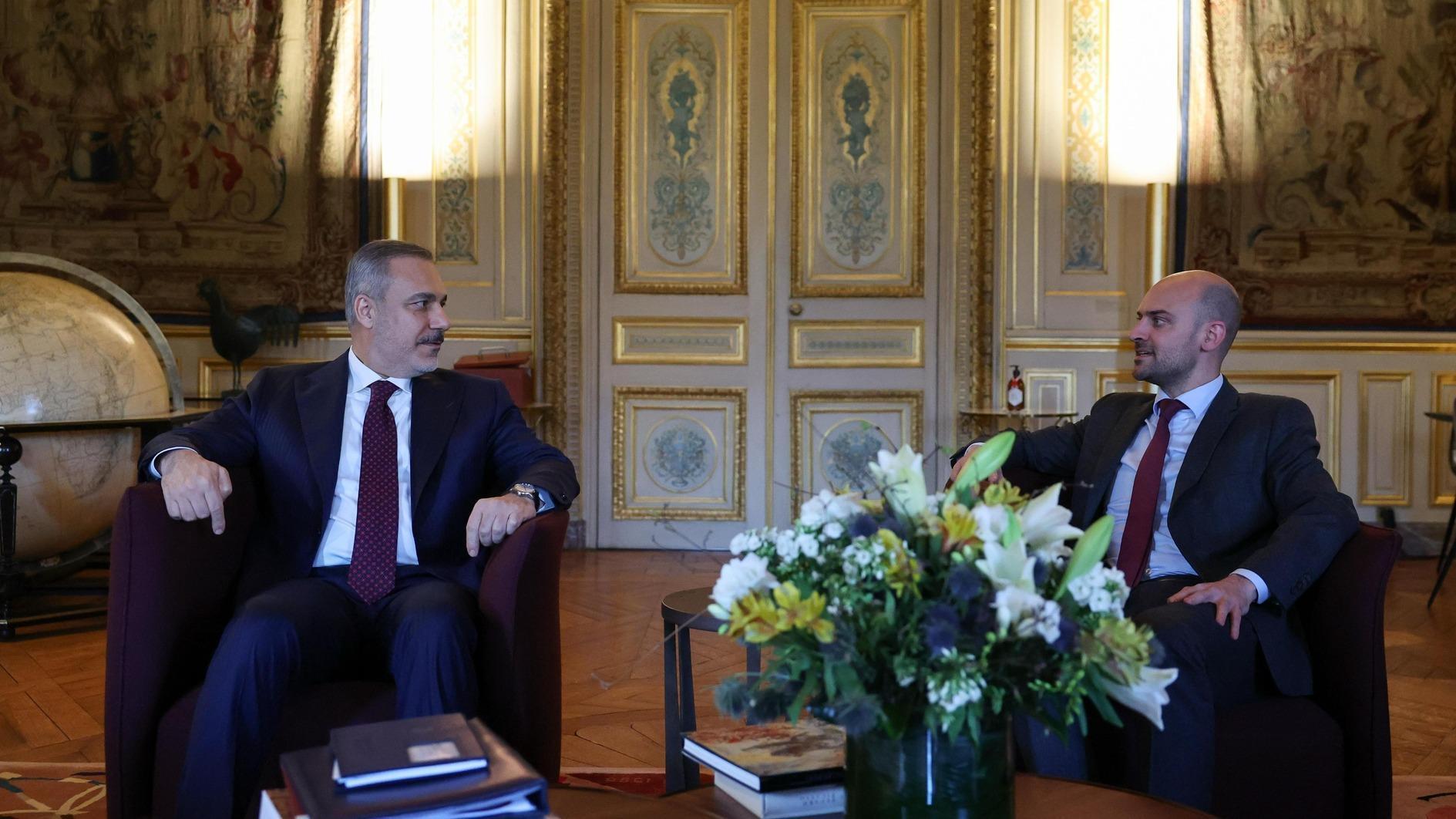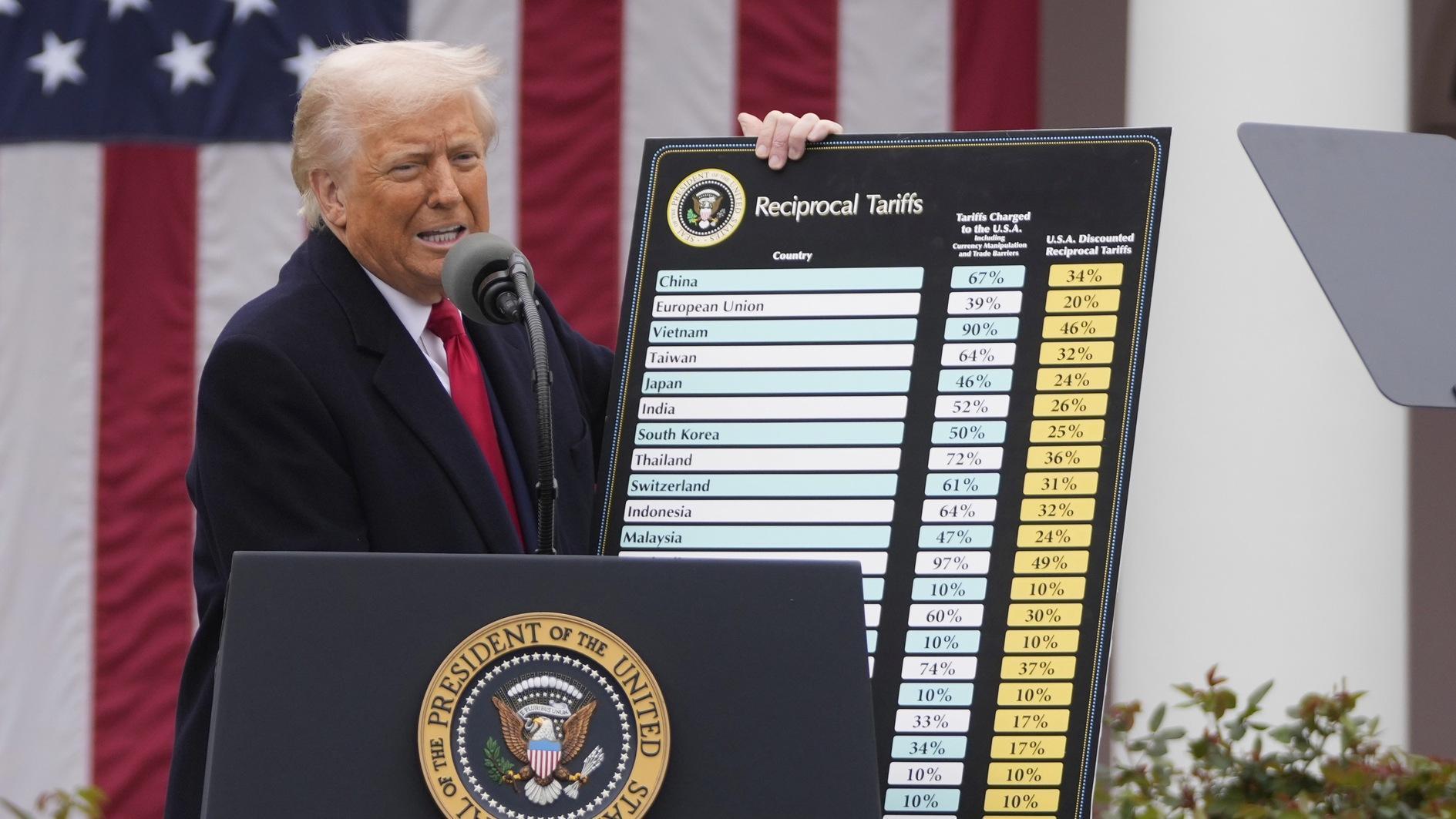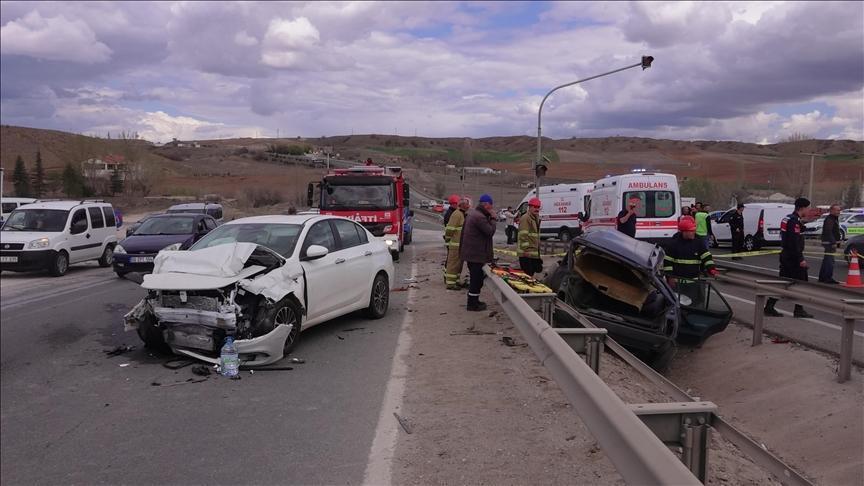Erdoğan’s test with corruption
It had already taken a long time for the opposition to force Prime Minister Tayyip Erdoğan’s Justice and Development Party (AK Parti) for a parliamentary session yesterday, on March 19, for four of his former ministers who he ousted from the Cabinet after the graft probe opened on Dec. 17, 2013.
First, it took weeks for the summary prosecutor reports about the four ministers in question to arrive at the Justice Ministry. (By the way, they are all “former” ministers, for Interior Affairs: Muammer Güler; for Economy: Zafer Çağlayan; for European Union Affairs: Egemen Bağış and for Urbanization: Erdoğan Bayraktar.) The reports were then sent back to the courts that had started the probe, but their judges and prosecutors had already been changed by the government. Gürsel Tekin, a spokesman for main opposition Republican People’s Party (CHP), told the press yesterday that most of the accusations made by the original prosecutors had been removed from the report that was submitted to the ministry and thus Parliament. Even then, Justice Minister Bekir Bozdağ did not allow the reports to be transferred to Parliament immediately, as in the case of former reports. He waited until Parliament went into recess for the March 30 local elections.
A big parentheses now: this procedure is needed because members of the Turkish Parliament have judicial immunity, not only for what they say but also for what they do, including crime. That is why prosecutors cannot open court cases against MPs and ministers directly, it requires a longer procedure.
Coming back to the issue, Erdoğan’s plan was to bring to issue to Parliament – since it is something unavoidable because of the Constitution – after the March 30 elections. Being sure of an AK Parti victory, he would show it as evidence that people did not “believe” the accusations, so there would be no need for trial.
But the opposition parties pursued the case. The CHP collected the necessary number of MP signatures and asked for an extraordinary session to demand trials for four ministers, which would need a Parliamentary Inquiry Commission. Other opposition parties, the Nationalist Movement Party (MHP) and the Kurdish problem-focused Peace and Democracy Party (BDP) declared their support for this.
Erdoğan therefore had to change his battle plan. He focused on blocking the formation of the commission, and thus close the doors on the possibility of the trial of ex-ministers on corruption charges. Not permitting a reading of the accusations - even in their moderated forms - in the parliamentary session was part of that. The session was live on TV and Erdoğan did not want them to be broadcast.
The AK Parti member Deputy Parliament Speaker Sadık Yakut blocked any reading of the content of the accusations, despite strong opposition. He said it would be unlawful to read the content because it was an ongoing court case.
The weird side of the story is that the AK Parti also declared it was going to submit its own petition to Parliament after the elections for an inquiry into the former ministers. However, according to claims in the political corridors, the government’s real aim is not to bring them to court, but to call the judges, prosecutors and police officers involved in the graft probe to testify before the commission and then to take them to the court later on.
If this is the parliamentary test for Erdoğan over corruption, then it is going well so far.











